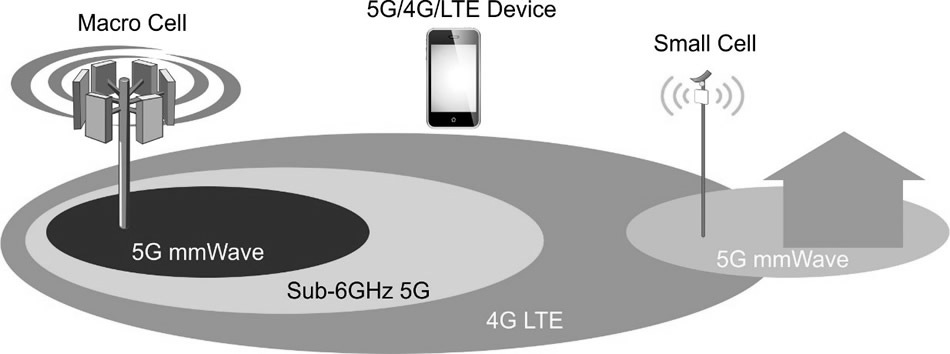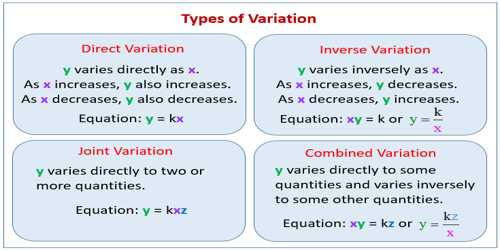Understanding Nutrition Science: Foundations, Applications, and Opportunities
Introduction to Nutrition Science
Nutrition science is an evolving field dedicated to understanding how food and nutrients impact the body’s physiological processes, from growth and development to disease prevention and health maintenance. This discipline explores the roles of carbohydrates, proteins, fats, vitamins, minerals, and other substances in food, providing essential insights into what sustains life and promotes well-being [1] .
The Foundations of Nutrition Science
At its core, nutrition science investigates the complex relationship between diet and health. Early research focused primarily on the chemical composition of foods, particularly macronutrients like proteins, fats, and carbohydrates. The discovery of vitamins in the early 20th century transformed the field, highlighting the importance of micronutrients and their roles in preventing diseases such as scurvy and rickets [1] . Today, nutrition science encompasses:
- Macronutrients -Carbohydrates, proteins, and fats provide energy and serve as building blocks for the body.
- Micronutrients -Vitamins and minerals support countless biochemical processes.
- Other food components -Phytonutrients, fiber, and other bioactive compounds contribute to overall health.
Nutritional scientists study how these elements interact within the body to influence metabolism, immunity, growth, and disease risk [4] .
Historical Evolution and Modern Scope
The field has evolved considerably since its inception. The “vitamin era” of the 20th century gave way to a broader understanding of how dietary patterns affect chronic diseases, such as heart disease, diabetes, and obesity. In recent decades, nutrition science has expanded to include advanced research methods like genomics and metabolomics, allowing for more personalized and precise dietary recommendations [3] .
Modern nutrition science also considers social, economic, and environmental factors. The Giessen Declaration, for example, broadened the definition of nutrition science to include the study of food systems and their interactions with human and planetary health [3] . This holistic approach recognizes that nutrition is not only about individual health but also about sustainable food production and global food security.
Applications of Nutrition Science
Nutrition science impacts daily life in numerous ways. Here are some practical applications:
- Dietary Guidelines : National health agencies, such as the U.S. Department of Agriculture (USDA), develop evidence-based dietary recommendations to help people make healthier food choices. For up-to-date guidelines, visit the official USDA website and search for “Dietary Guidelines for Americans.”
- Public Health Policy : Nutrition research informs policies on food labeling, supplementation, and school meal programs to improve population health outcomes.
- Personalized Nutrition : With advancements in nutrigenomics (the study of how genes and nutrition interact), healthcare providers can offer more tailored dietary advice based on individual genetic profiles.
To access these resources, you can:
- Consult registered dietitians or nutritionists, who often work in hospitals, clinics, or private practice. Many professional directories are available through medical associations.
- Seek out public health departments or university extension services in your area for community education programs.
- Use reputable sources like the National Institutes of Health (NIH) for current nutrition research and definitions [4] .
Careers in Nutrition Science
The field offers diverse career opportunities, including research, clinical practice, education, and public health. Nutritional scientists may work as:
- Researchers -Conducting laboratory studies and clinical trials to understand the effects of nutrients and dietary patterns on health [2] .
- Educators -Teaching at universities, developing curriculum, or providing community outreach.
- Healthcare Professionals -Advising patients and designing nutrition plans in hospitals and clinics.
- Policy Advisors -Working with governments and organizations to develop nutrition-related policies and programs.
If you’re considering a career in nutrition science, start by researching accredited degree programs and certifications. Organizations such as the Academy of Nutrition and Dietetics provide guidance on educational requirements and career paths.

Source: nutritionbycarrie.com
Current Trends and Research in Nutrition Science
Emerging research areas include:
- Nutrigenomics and Nutrigenetics : These fields explore how genetic variations affect individual responses to nutrients, potentially leading to highly personalized nutrition plans [3] .
- Microbiome Studies : Investigating the relationship between gut bacteria and overall health.
- Food Technology : Using innovations like machine learning to analyze food composition and predict health effects.
- Global Nutrition : Addressing challenges such as malnutrition, food insecurity, and the sustainability of food systems.
To stay updated on these trends, regularly review reputable journals such as
Nature Food
and official government reports. Many universities offer free access to current research summaries and news on their nutrition science department pages.
How to Access Nutrition Science Resources and Services
If you seek personalized dietary advice or want to learn more about nutrition science, consider these steps:

Source: charmingscience.com
- Contact a registered dietitian or licensed nutritionist. Search for professionals through the Academy of Nutrition and Dietetics or your local health department.
- Review dietary guidelines and fact sheets from the U.S. Department of Agriculture and the National Institutes of Health. Use official agency websites and search for “nutrition resources” or “dietary guidelines.”
- Participate in nutrition workshops or webinars offered by universities, hospitals, or community centers.
- Access online courses on platforms such as Coursera or edX, many of which partner with accredited universities for up-to-date content.
If you are interested in pursuing a degree or certification, visit the official websites of accredited universities or professional organizations for application procedures, prerequisites, and program details. When in doubt, search for “nutrition science programs” along with your region or preferred institution for the most current offerings.
Challenges and Future Directions
Nutrition science faces ongoing challenges, including:
- Addressing misinformation and ensuring that the public receives accurate, evidence-based advice.
- Bridging gaps between research findings and practical dietary recommendations.
- Integrating sustainability and environmental impact into nutrition advice.
To overcome these challenges, collaboration between scientists, policymakers, educators, and healthcare providers is essential. You can contribute by staying informed, seeking evidence-based guidance, and advocating for science-backed nutrition policies in your community.
Key Takeaways
Nutrition science is a dynamic, multidisciplinary field that plays a vital role in public health, disease prevention, and personal well-being. Whether you are looking to improve your own diet, pursue a career in the field, or stay informed about the latest research, numerous resources are available through government agencies, academic institutions, and professional organizations. Remember to verify the credibility of sources and seek guidance from qualified professionals for your specific needs.
References
MORE FROM feelmydeal.com













